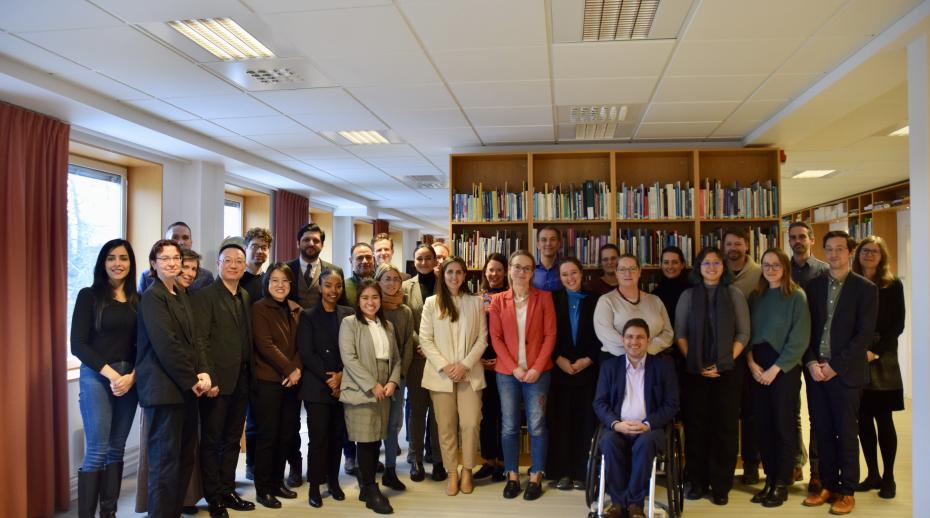
On 22–23 January, SIPRI hosted an in-person scenario exercise to discuss the limits and requirements for the development and use of autonomous weapons systems (AWS).
There is growing support among states that the normative and operational framework governing AWS needs to be developed further. One possible way of governing AWS is through a two-tiered approach that contains limits and requirements. States now face a critical task to agree on how that approach could be enacted.
The SIPRI-led scenario exercise gathered 25 military lawyers and government policy advisors from around the world, as well as select experts from civil society, academia and the International Committee of the Red Cross. Participants explored the limits and requirements emerging from multiple fictional scenarios. The scenarios included AWS used to direct attacks against military objectives by nature, (such as a tank); AWS deployed in populated areas; and AWS whose target identification capabilities rely on machine learning. The scenario exercise aimed to engage stakeholders in the international policy debate on AWS. It involved a discussion on the types of prohibitions, limits and requirements they would deem necessary for specific AWS use cases, whether from a legal, ethical, policy or operational perspective.
The findings from the scenario exercise will contribute to a report aimed at supporting the debate on the regulation of AWS, including at the Convention on Certain Conventional Weapons.
About SIPRI’s work on autonomy in weapon systems
SIPRI’s research on autonomous weapon systems explores themes such as (a) what the state and trajectory of underlying technological developments are; (b) what legal, ethical and operational challenges are posed by the advance of autonomy in weapon systems; (c) how these challenges might be addressed through the exercise of human control; and (d) whether and how international humanitarian law places sufficient limits on the development and use of autonomous weapon systems.